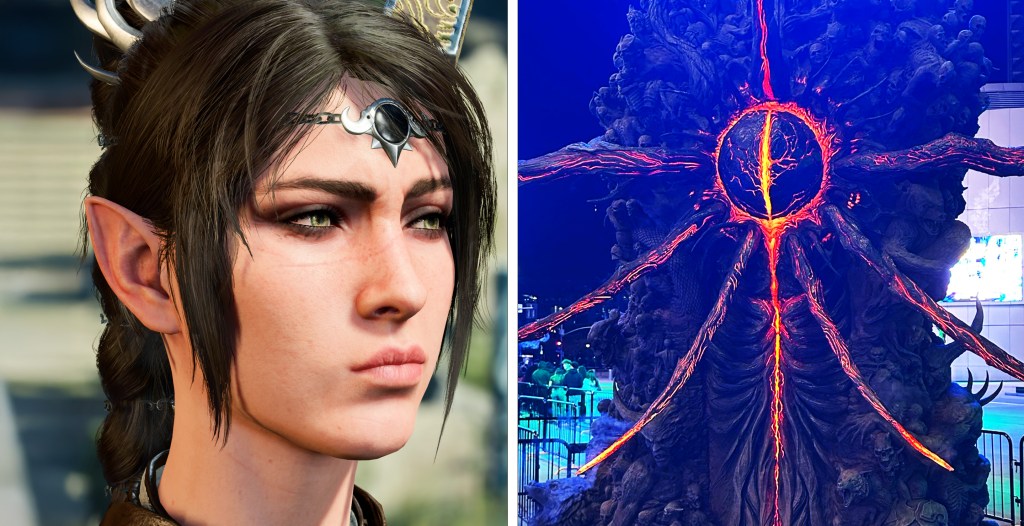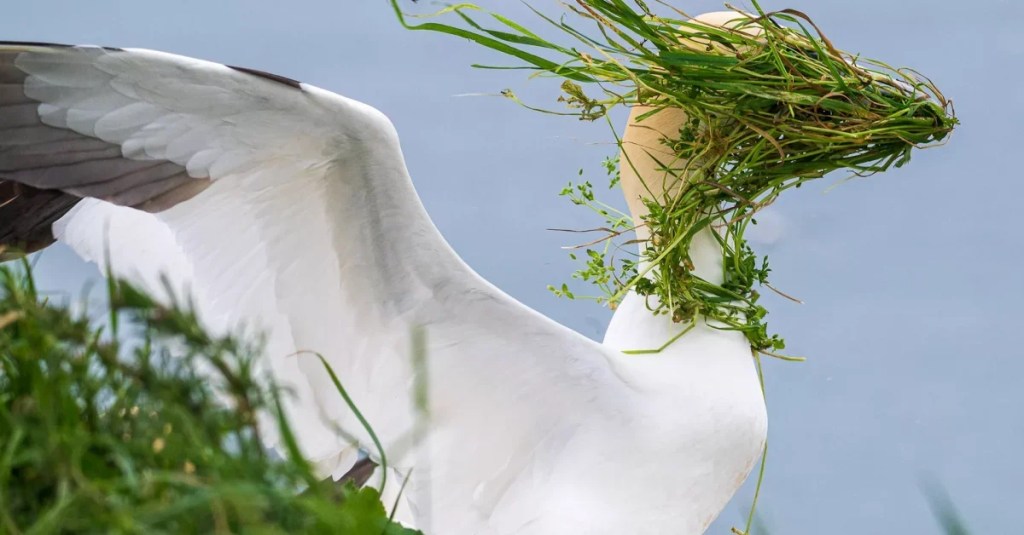Working in the paranormal field means you have the best work stories. According to Ursula Bielski, a renowned ghost hunter from Chicago, a headless spirit once followed her home from a visit to Hull House, a haunted building in the city’s Near West Side. “It was four o’clock in the morning. There was a man, standing on my chest, as real as we are. His body stopped at his neck,” she says. “I slept on the couch for four days after that.”
At 47, Bielski has been documenting and writing about paranormal activity in the Chicago area for over 30 years. As she describes it, her entry into the world of ghost hunting was unsurprising. She grew up in a haunted house in Chicago’s North Center neighborhood, where she routinely heard footsteps and sensed the presence of unseen things. Her father, a retired policeman, played an important role in her career, as well. “I hated going to school,” she admits, laughing. “My dad, who was responsible for getting me there, didn’t always make me go.”
Videos by VICE
Read more: Leading Bigfoot Researcher Explains Why a Woman Is More Likely to Find Sasquatch
Instead, he took her to his favorite hangouts, where she would eavesdrop on his conversations with his friends and learn about Chicago’s haunted past. She shares a story she heard at the Maxwell Street Police Station, now the headquarters of the University of Illinois Chicago’s campus police. “I would go in there and sit on the watch commander’s desk, and I would listen to all their stories. And often times they would talk about the lockup in the basement, which was notorious for the deplorable conditions that prisoners were kept in. And they would talk about how still, in the 1970s, they would hear screaming and moaning from the basement where these prisoners had been kept.”
Another early brush with the area’s ghosts occurred when she was six or seven. Her father brought her to Chet’s Melody Lounge, a small box of a bar in the nearby town of Justice. This is where she first heard the story of Resurrection Mary, said to be the ghost of a hitchhiking girl. “I was there with my 7-Up with lots of cherries in it, and my dad and the bartender were talking about this guy who had come in the day before. He swore he had picked up a girl on the road who disappeared from the car on his way in.”
Bielski majored in history at Benedictine University in Lisle, Illinois, after her mother forbade her from pursuing a career in acting. There she became a research assistant to a psychology student who was interested parapsychology, which is the study of paranormal activity. She set up his experiments and researched haunted sites around Chicago, experiences that honed her data collection skills and affinity for paranormal study.
This guy swore he had picked up a girl on the road who disappeared from the car on his way in.
Eventually, she founded a ghost tour company called Chicago Hauntings Tours and began publishing books about paranormal activity in the city. In Chicago Haunts, she shares the backstory of Resurrection Mary, the ghost from Chet’s Melody Lounge, and examines the testimony of witnesses who claimed to have seen her. She suggests that the ghost belongs to Anna Norkus, a girl who died in a car accident in 1927.
She similarly mines the historical record for Hull House, the origin of the headless apparition in her bedroom. Founded in 1881 by a social progressive named Jane Addams, Hull House provided educational services and job skills to Chicago’s working class. Soon after its founding, female visitors began to claim they had seen a baby with horns and cloven feet within its expansive brick walls. Some claimed it belonged a woman who had endured so much abuse from her husband that she gave birth to a devil child. For an explanation, Bielski’s book delves into the diaries of Addams, who writes that these female witnesses may have used the story of the baby to understand the hardships they experienced in their own lives.
By connecting contemporary ghost sightings to people, places and moments in Chicago’s history, Bielski’s work entwines its past with the present. But the Chicago native, who has roots in the city’s Polish and Czech communities, is more than a living archive for its dead. When she speaks, you can hear the local accent lengthen her vowels and her love for the haunted buildings she grew up around. It’s a reminder that her work reflects her personal history, too.

Photo courtesy of Ursula Bielski
When she isn’t leading tours or collecting ghost stories, Bielski is conducting paranormal investigations. Parapsychology has an uneasy relationship with the scientific world. It’s difficult to replicate the results of parapsychological experiments, so scientists find it to be a dubious field at best. This criticism doesn’t deter Bielski, who argues that we shouldn’t expect the paranormal to play by the rules of the normal. Instead, we should use the widest array of tools possible to learn what we can.
And, as in all professions, the tools of Bielski’s trade have changed with the times. In the 80s, investigators would sprinkle baby powder to capture the footprints of ghosts or they would string fishing wire across doorways to know if something had entered a room. Now, they use laptops and sophisticated microphones to record the movements sounds of ghosts.
One of her favorite tools is the spirit trumpet, a tube that paranormal investigators use to amplify spirit voices. Bielski tells me about a recording she made using a trumpet she brought to Bachelors Grove, a cemetery located an hour west of Chicago and the site of several suicides and unsolved murders over the last century. She aimed a microphone at the trumpet and was surprised when she heard the recording later: Over the sound of Bielski and her colleagues having a regular conversation comes a voice she doesn’t remember hearing at the cemetery.
“It was the voice of Michael, one of the researchers who was with us,” she says. “It’s his voice, very clearly. We were with another researcher, Daniel. And through the trumpet, you hear Michael clear his throat, very gruffly.” Here, her voice drops an octave and her eyes widen. “And then he says, ‘Daniel! I’m talking to you now! Daniel!’ And in the background of the recording, you hear all of us having a conversation very pleasantly at the same time.”
After a while, you start to realize that something is messing with you.
The disembodied voice at Bachelors Grove is a reminder that constant exposure to the supernatural comes with perils. Bielski recounts an incident at the cemetery that appears in her forthcoming book Haunted Bachelors Grove (Macmillan). She and a local historian visited it at night to make some recordings. When they were ready to leave, they found they couldn’t. Despite the cemetery’s small size and her guide’s knowledge of the site, they became completely lost for four hours. “We would keep seeing cars going by and the lights of houses through the tree line, and we’d walk to them. And it was like we were swallowed up by a vacuum. There was nothing there.” She pauses. “After a while, you start to realize that something is messing with you.”
The dead aren’t the only source of trouble. Bielski asserts that people undervalue her abilities as a paranormal investigator because she’s a woman. Like other sciences, parapsychology tends to be associated with men. Women, however, tend to be linked to psychic ability because of its association with feelings and subjective, rather than scientific, analysis. “When people find out about what I do, they automatically think I’m a psychic or a medium, that I have those womanly abilities.” Bielski insists that she is neither.
By writing and teaching about the paranormal, Bielski hopes to reach the widest possible audience to ensure that knowledge of Chicago’s haunted past will endure over time. By her own logic, her memorialization of the city’s ghosts will put them to rest, too. “All these locations that we go to on these tours, they’re places where there’s no memorial, no plaque, no statue, no commemoration of any kind. And so the more you try to cover that stuff up, the more haunted a place is going to end up being.”
More
From VICE
-

Screenshot: Larian, X @shinobi602 -

Gene Siskel and Roger Ebert (Photo by Norm Staples/Getty Images) -

One of the finalists, "Now Which Direction Is My Nest?" (Credit: Alison Tuck) -

Credit: Google